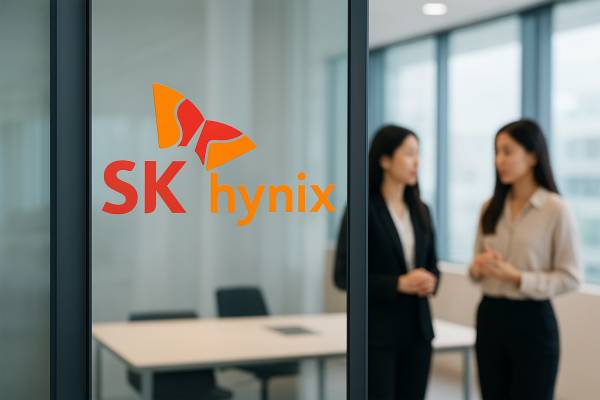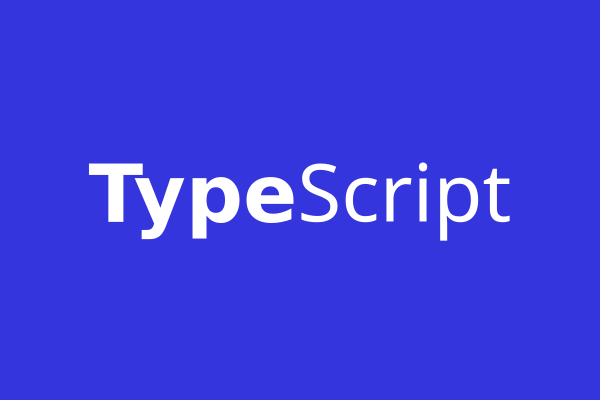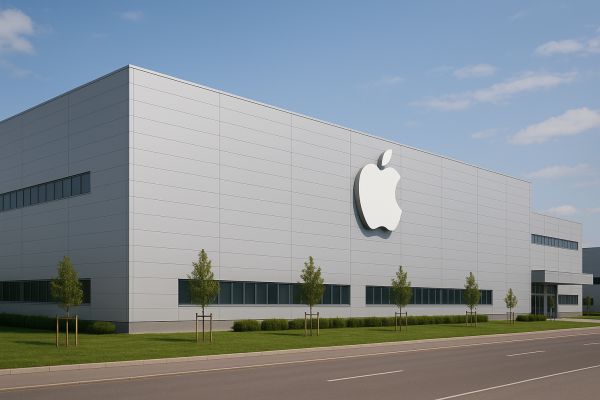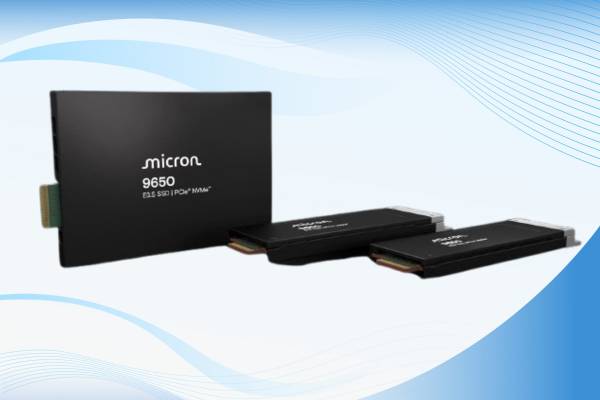Deutsche Telekom is following Spain’s Telefónica in introducing a digital assistant—essentially an artificial butler—to its phones. This solution is promised to debut on new handsets by the second half of the year. Older devices will also offer an AI-based service, available under the name Magenta AI.
What is interesting about the digital butler is that it will almost become a primary function of the phone. On one hand, it can be activated instantly using the power button and will be directly accessible from the lock screen. This level of accessibility suggests that such applications might gradually replace current user habits, displacing the apps we know today. Moreover, the digital butler won’t just engage in casual chatting—it can be instructed to call a taxi, reserve a table at a restaurant, or even provide real-time translation.

The service will be primarily, though not exclusively, powered by Perplexity. Deutsche Telekom’s ambition is to implement a model-agnostic layer over various AI models, ensuring enormous flexibility and scalability. In the background, alongside Perplexity, Google AI will handle real-time translations, while Picsart AI will offer tools for photo processing.
I believe the goal is to integrate different models so that the system progressively covers all the functionalities currently available through separate applications. They will likely gather extensive measurement data, and with the introduction of the assistant, this data collection can not only be accelerated but also become more precise. This development could open two distinct pathways in the evolution of applications.
On one hand, some app functionalities might still be needed and used by the digital assistant as tools. This is already evident in no-code workflow automation tools like N8N, where processing units are connected not only to AI models but also to various external components such as databases, email processors, or even a simple calculator. These applications operate in headless mode—that is, without a graphical user interface—and are controlled via APIs.

On the other hand, because these headless applications cannot display ads, their monetization model will differ from that of current graphical apps. They will inevitably have to adopt alternative revenue streams, typically by charging a fee. Charging will have to be primarily to Deutsche Telekom, which will be passed on to the user in the subscription in the best case. In a wors-case scenario, however, the AI models might be configured to favor certain products, subtly steering unsuspecting users toward them in a manipulative manner. Regrettably, the worst-case scenario—which, for some reason, seems most likely—is one where users end up both paying a subscription fee and being manipulated.
In conclusion, although Deutsche Telekom’s developments are not entirely unique, they are certainly pioneering and point toward further evolutionary changes in software—and, consequently, in services. On one hand, these innovations will make device usage more convenient; on the other, they may introduce new risks that could be hard to avoid. Nonetheless, there will certainly be some kind of solutions which will provide us possibilities to avoid using these new features, as it will also be a niche market for some conscious users. It is hard to predict how many people will opt for this approach—probably not very many—but my bet is that this model will succeed and that Deutsche Telekom’s move is only the beginning.






















